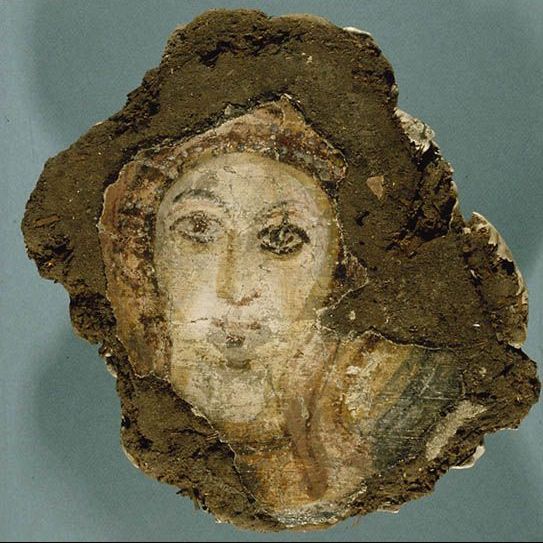Arkadiy Avdokhin gives first guest talk for EpIdentity

Arkadiy Avdokhin, Singers Silently Speaking. Psalmists in Inscriptions from Late Antique Middle Egypt (Bawit)
On 7 December 2020, at 4:45pm CET, dr Arkadiy Avdokhin (National Research University Higher School of Economics, Laboratory of Medieval Studies) will be our first guest speaker, presenting on the complexities of Coptic painted inscriptions (dipinti), wall paintings, and psalmody at the monastery of Apa Apollo at Bawit (Egypt). The talk is kindly hosted by the seminar ‘Papyrology and Epigraphy‘ convened by prof. Adam Łajtar and prof. Tomasz Derda, and is accessible via Google Meet.
Abstract: Personal agency and social microhistory of hymn-writing and singing in late antiquity have been mostly neglected in the study of Christian liturgy. In this article, I approach the question of social and administrative standing of ―singers of psalms‖ in monastic communities in late antique Egypt through the study of their epigraphic (self)-representation. I focus on Coptic inscriptions, both dipinti and graffiti, left on behalf of, or applied by singers themselves on the walls of public structures in the extensive monastery complex of Apa Apollo at Bawit. Through the exploration of the patterns of visuality of these inscriptions, their positioning, and the manner of execution, I seek to unpack social implications of their use of epigraphic commemoration. I argue that while, contrary to the generally held views, certain singers were part of the administrative and spiritual elite of the ascetical community at Bawit, their vocational and ecclesial identities tended to merge with other professional and clerical strata, so social cohesion was more important than self-centered group awareness.
See also: Handout.
Image: Author: Bruno Zeitoun/Musée du Louvre. Title: Tête féminine. VIe – VIIe siècle après J.-C. Monastère de Baouit. Peinture à la détrempe. Source: Atlas base des oeuvres exposées (Musée du Louvre). License: © Musée du Louvre.